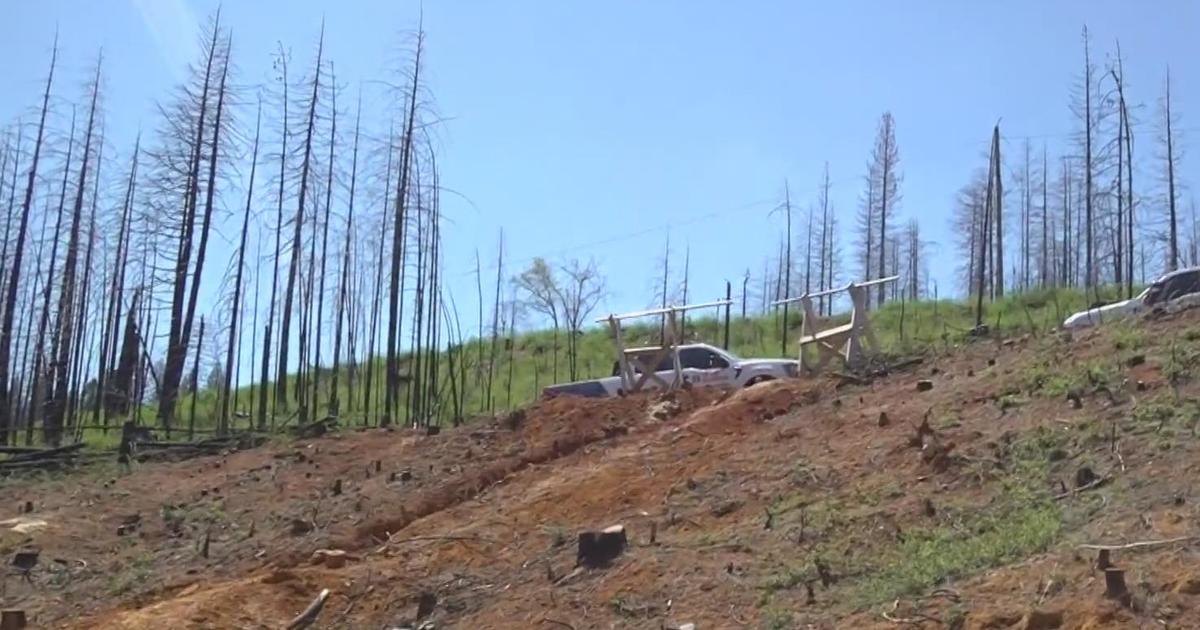Low Fuel Moistures Have Fire Crews Preparing For Another Busy California Wildfire Season
SACRAMENTO (CBS13) – California fire crews are bracing for another busy fire season this summer, and now early numbers show this year's potential fire danger is even higher than last year – which was the worst fire season in recorded history.
Professor Craig Clements leads a team of fire scientists at San Jose State University in what is California's only academic wildfire research center.
"We have a new modeling system that we are operating for California and it's the most advanced fire prediction system," said Clements, of the Wildlife Interdisciplinary Research Center.
Now his team has discovered some dire looking data about this year's upcoming wildfire season.
"The fires could be big because the fuels are so susceptible," Clements said.
Researchers predict wildfire danger by looking at the water content found in vegetation. Samples are collected across the state every two weeks - and what they are seeing this spring is troubling.
"These are the lowest fuel moistures we've seen in the last 10 years," Clements said.
Samples taken this month in Placer County east of Auburn were 31% lower than the same time last year, and levels were so low in other places that they are not seeing any new vegetation grow. The fear is that fire season will come much earlier this year.
"Because these fuel moistures are starting out so low already, June could be problematic for fire agencies," Clements said.
And the findings could ultimately impact people's outdoor plans.
"We may not be able to have campfires in some of the parks earlier than later this summer," Clements said. "There may be more park closures in early summer."
The research team also responds to large fires with a portable Doppler radar that can help predict which direction the flames and smoke will spread.



